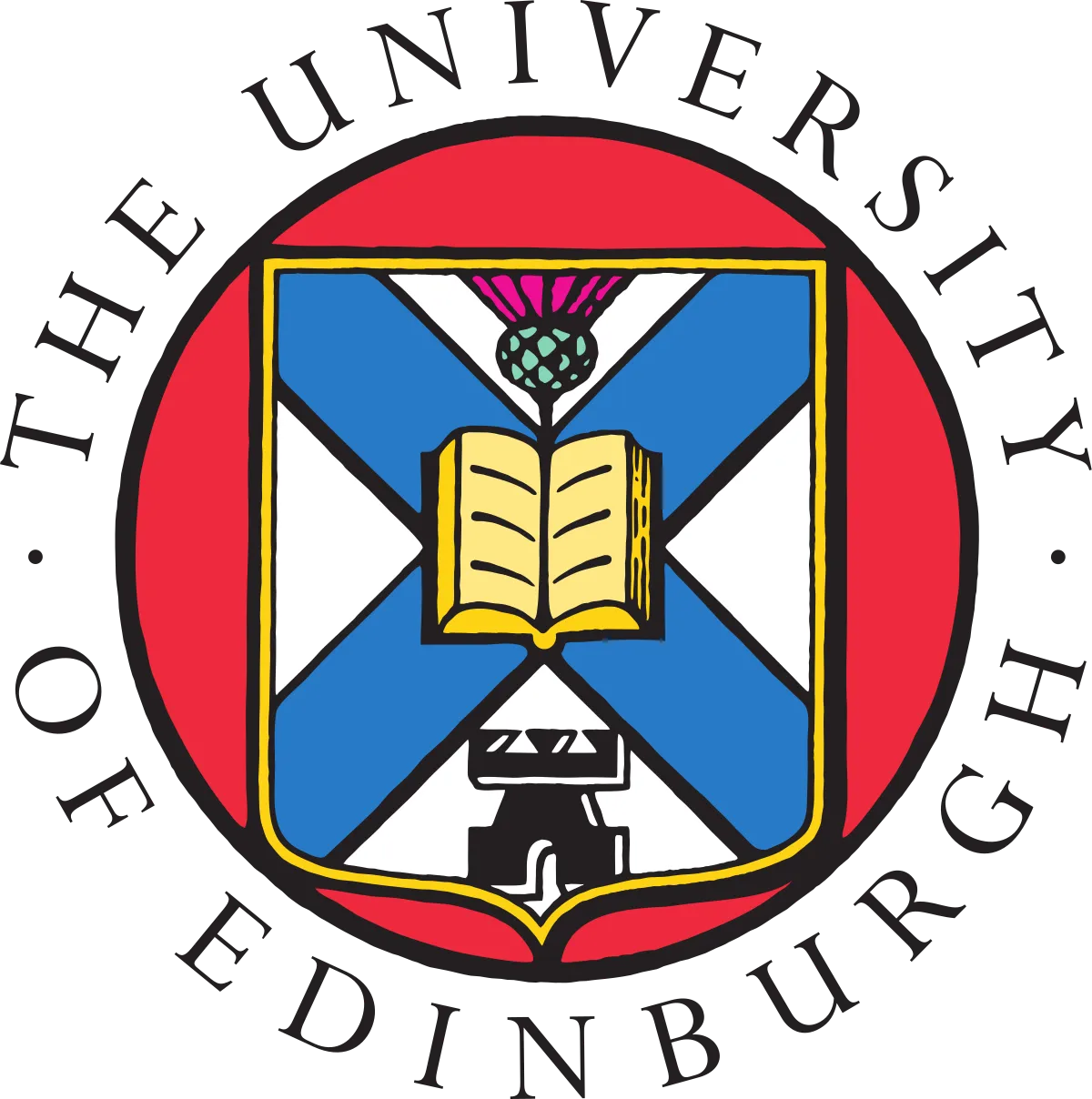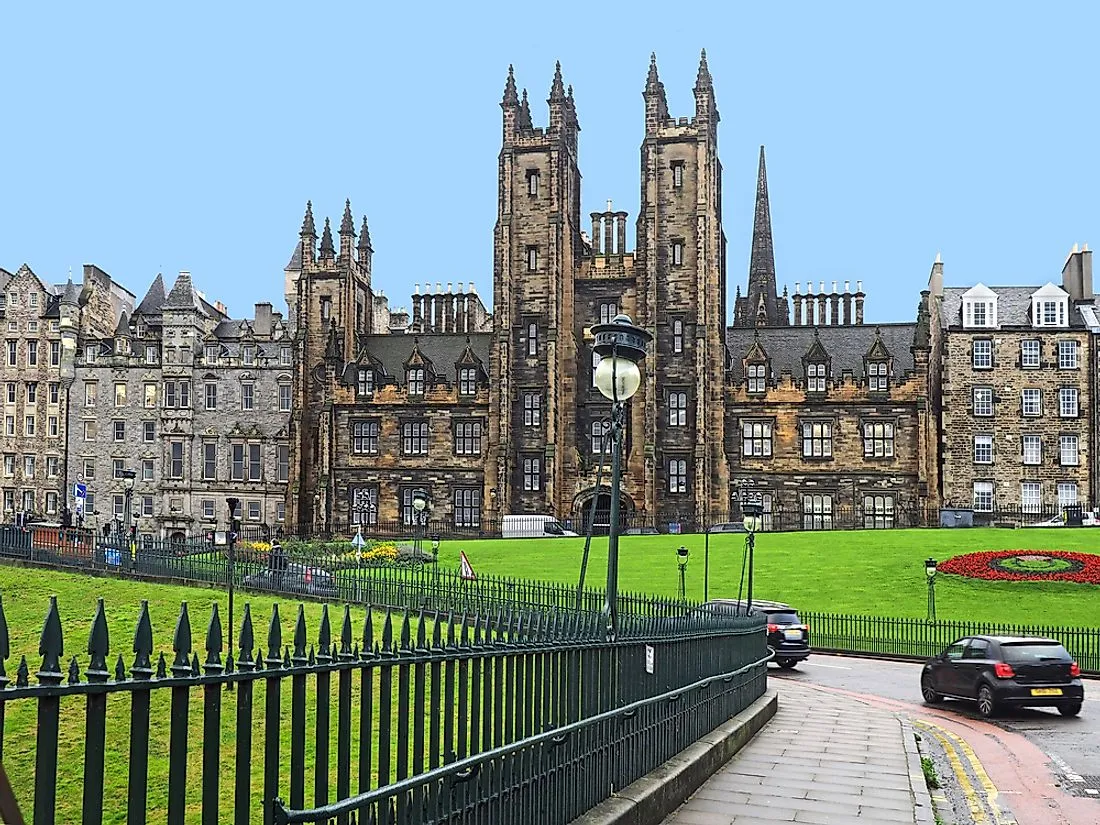Partner Program

MSc in Economics
The University of Edinburgh (United Kingdom) · Old College SouthBridge Edinburgh EH8 9YL
About

#34
QS

#39
USNews

#29
THE
The University of Edinburgh is a public research university in Edinburgh, Scotland. Granted a royal charter by King James VI in 1582 and officially opened in 1583, it is one of Scotland's four ancient universities and the sixth-oldest university in continuous operation in the English-speaking world. The university played an important role in Edinburgh becoming a chief intellectual center during the Scottish Enlightenment and contributed to the city being nicknamed the "Athens of the North".
The university is a member of several associations of research-intensive universities, including the Coimbra Group, League of European Research Universities, Russell Group, Una Europa, and Universitas 21. In the fiscal year ending 31 July 2020, it had a total income of £1,112.5 million, of which £296.1 million was from research grants and contracts, with the third-largest endowment in the UK, behind only Cambridge and Oxford. The university has five main campuses in the city of Edinburgh, which include many buildings of historical and architectural significance such as those in the Old Town.
Edinburgh receives over 60,000 undergraduate applications per year, making it the second-most popular university in the UK by volume of applications. It is the eighth-largest university in the UK by enrolment, with 35,375 students in 2019/20. Edinburgh had the seventh-highest average UCAS points amongst British universities for new entrants in 2019. The university continues to have links to the British royal family, having had Prince Philip, Duke of Edinburgh as its Chancellor from 1953 to 2010 and Anne, Princess Royal since March 2011.
Program Details:
Program WebsiteBasic Info
Institute
School of Economics
Degree
MSc
Duration
1 year
STEM Designated
Yes
Program
Economics
Expense
Living Expenses
GBP 19000
Tuition Fee (Domestic)
GBP 13700
Tuition Fee (International)
GBP 32000
Eligibility
Minimum/ Avg Score
TOEFL
100
IELTS
7
GMAT (FE)
635
GRE Quant
166 - 167
Ready to apply? Secure your spot at your dream university with our expert help!
Deadlines:
Deadline WebsiteIntake Deadline 1
04 May, 2026
(September-2026)
Stay on track with your applications. Login Now to Unlock all program related information.
Document Required:
Stay on track with your applications. Login Now to Unlock all program related information.



.webp)










